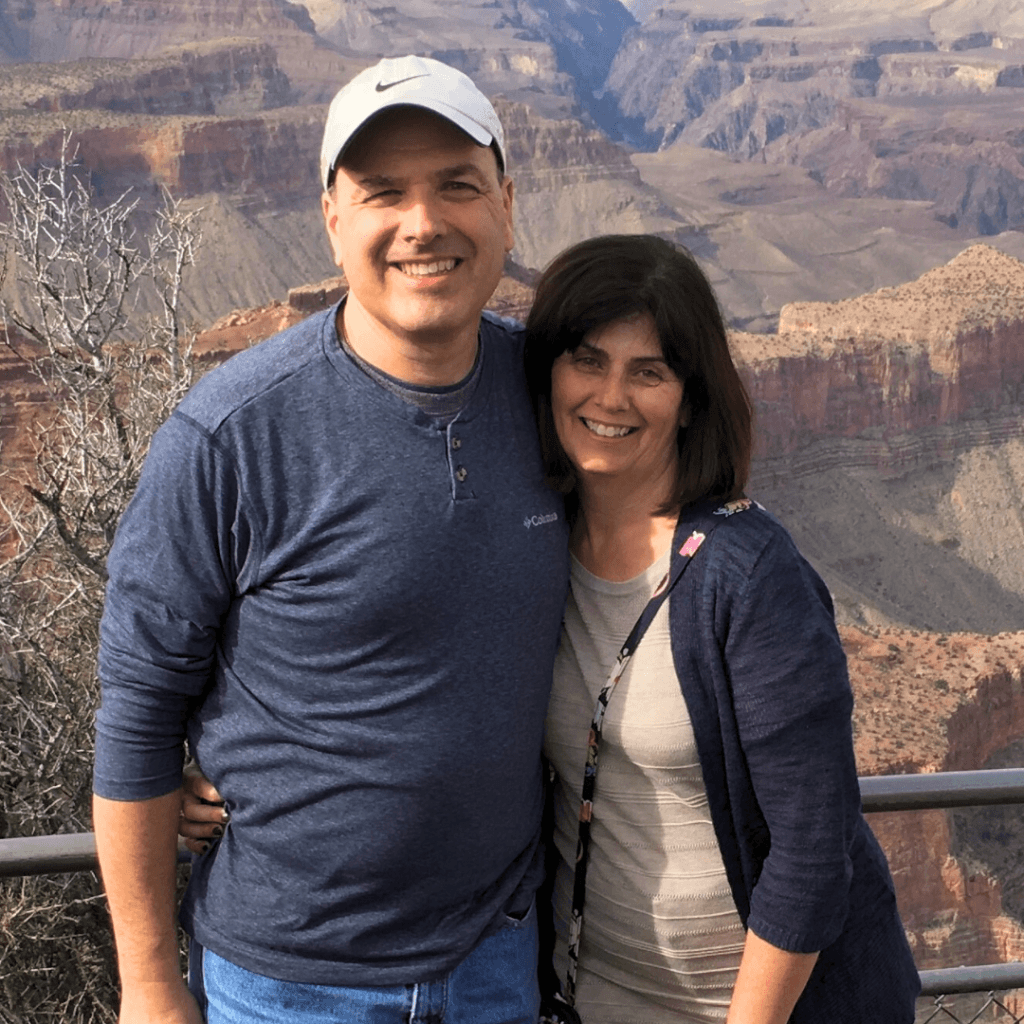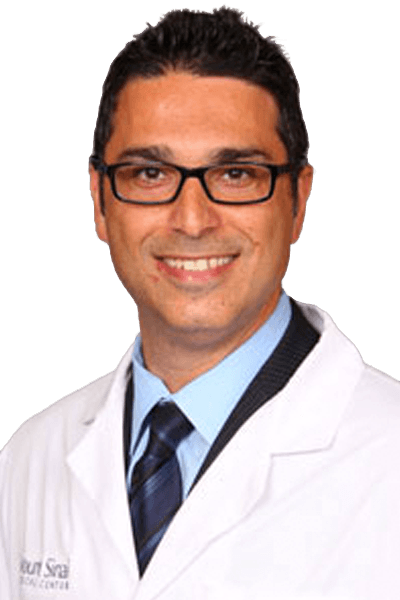How a startling cancer diagnosis prompted a Mount Sinai patient to seek early, minimally invasive treatment options.
The use of minimally invasive surgeries has grown exponentially since the introduction of laparoscopic surgery in the late 1980s. This shift in operative technique catalyzed numerous advancements in the field of medicine, facilitating swifter and more effective recovery for many patients. Alan LaBatte is one example of a patient who has benefited from these developments, undergoing advanced surgery with less intrusion.
Originally hailing from Boston, Alan relocated to Boca Raton in 2019. He currently serves as the Director of Information Technology for Pura Vida Miami, alternating between working remotely a few days a week and spending the remainder of his time at their Miami Beach flagship office. Last summer, Alan began experiencing troubling symptoms, including difficulty eating, acid reflux, and random hiccups when he ate. As the symptoms worsened, he left his Miami office and checked himself into Mount Sinai’s emergency room in early August of 2023. After a CT scan, physicians identified a hiatal hernia and recommended that he consult a gastroenterologist to uncover the root cause of his issues. Shortly after his ER visit, Alan scheduled an endoscopy in Boca Raton, he was diagnosed with Stage 2a esophageal cancer. The challenge came, however, when he faced difficulty securing an appointment with an oncologist in Palm Beach County. As a result, Alan turned to Mount Sinai again- for help.
“I called back Mount Sinai and talked to the gastroenterology department there and got an appointment that very week to have an endoscopic ultrasound,” he recalls. “I was then referred to Dr. Ben-David in surgical oncology and Dr. Cusnir in medical oncology and started seeing them in October of last year.”
Dr. Kfir Ben-David, Mount Sinai’s Chairman of Surgery and the program director for the general surgery residency, specializes in minimally invasive and robotic surgical treatment of various conditions, including esophageal cancer. Like most cancer cases treated at Mount Sinai, Alan’s case was presented at a tumor board of Mount Sinai physicians. The group decided that adjusted neoadjuvant (or tumor shrinking) chemo-radiation would be the best treatment for his cancer.
“His case was different because he previously had testicular cancer and received radiation therapy,” Dr. Ben-David explains. “Through our multidisciplinary G.I. tumor board, we adjusted his chemo-radiation dosing so that he could get the most appropriate treatment.”
Following the completion of chemo and radiation therapy, Alan underwent an esophagectomy where two-thirds of his esophagus was removed and some of his stomach was used to create a new esophagus. This procedure effectively downgraded his cancer to Stage 1.
“Dr. Ben-David drew pictures and explained it to me in pretty good detail as to what they would do,” Alan recounts. “It was done through a series of small incisions on both sides of my abdomen and I was in the hospital for 6-7 days following surgery.”
For the operation, Alan’s treatment team completed an Ivor-Lewis esophagectomy, whereby the esophageal tumor is removed through small abdominal incisions. Once the cancer was resected, a new connection between the remaining esophagus and stomach in the chest was created using advanced minimally invasive software known as the da Vinci robot. Thanks to Dr. Ben-David’s expertise, he has been able to perform more than 500 minimally invasive esophagectomies—the most in Florida.
“Performing it [an esophagectomy] in a minimally invasive approach allows the patients to return to their normal activities and be discharged out of the hospital much quicker with less morbidity and pain,” Dr. Ben-David explains.
Today, Alan continues maintenance immunotherapy treatment. Despite undergoing chemo, radiation, and surgery, he remained dedicated to his work, never missing a day except during his recovery period post-procedure. Mount Sinai’s proximity to his office made fitting his treatment into his work schedule seamless. He thanks Mount Sinai and Dr. Ben-David for their expertise in treating his condition – one that felt unthinkable before receiving a diagnosis.
“I certainly never considered myself a risk for esophageal cancer and was rather shocked when I did that first endoscopy,” he says. “Trying to decide where I would be treated, Dr. Ben-David’s credentials really weighed extremely heavily on my decision to have him do the surgery. I felt comfortable from what I had read from his past, his experience with this, and really used that research to drive my decision to stay at Mount Sinai and get the treatment done there.”



